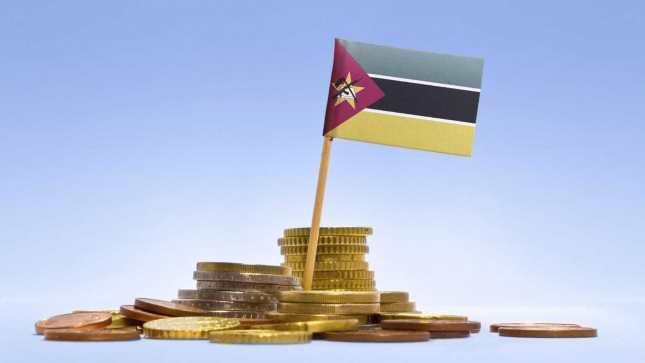Mozambique: TotalEnergies hands over road in Palma
NGOs doubt the rates of economic growth announced by the Mozambican government

The economic growth rates that have been presented by the Mozambican authorities are dubious and there are no signs that the country is recovering, four civil society organisations in the country said yesterday.
“There are no solid signs to assertthe beginning of the economic recovery,” they say in a joint statement under the title “Como está Moçambique” [How is Mozambique?] published in the newspaper O País.
The statement results from a conference held under the same title in Maputo last week.
The Civil Society Facility (CEL), the Institute for Social and Economic Studies (IESE) and the Rural Observatory (OMR) on the contrary understand that the Mozambican economy is continuing to decelerate, with small and medium-sized enterprises companies in crisis.
The government has forecast a 5.3 percent growth for this year, a figure that Finance Minister Adriano Maleiane admitted to Lusa in April could be downgraded due to a reduction in coal production, but still to an amount above that forecast by the IMF.
“The investment did not recover, some nominal indicators of the economy indicate slight recoveries, namely exchange rates, foreign exchange reserves and reference interest rates, although without correspondence on the interest rates practised by commercial banks,” the NGOs claim.
Moreover, external credibility and trust have not recovered since the US$2 billion hidden state scandal, and the country is still in default of its obligations.
“The country remains non-compliant” and “there is a loss of position in international assessments of the business environment, transparency and competitiveness,” the document reads.
Negotiations with the International Monetary Fund (IMF) are ongoing but have yet to produce results.
The four organisations criticise what they consider off-budgeting by the Government, referring to the withdrawal and transfer of large sums from the State Budget to “other state accounts”.
“By 2015, 25 percent of the state’s total financial resources have been transferred to so-called other state accounts, a practice that continues from year to year,” the statement asserts.
This stratagem, the statement continues, leads to indiscipline and worsening financial instability, contrary to good budgeting practices and the effort to consolidate public accounts.
The text also criticises the Mozambican political system, claiming it is dominated by an excessive concentration of powers in the President of the Republic.
“The current political system favours the consolidation of dominant elites, who hold key positions in the ruling party, public administration, military structure and economy,” the four organisations say.
They maintain that the Mozambican Liberation Front (Frelimo) thereby remains in power through the “recycling” of political and economic interest groups, and through the imbalance of internal factions within the party.
“These elites defend and consolidate themselves by organising clientelistic groups at various levels of power and territory, through nepotist systems of resource distribution, business opportunities, stewardships and functions in the bureaucracies,” the text says.













Leave a Reply
Be the First to Comment!
You must be logged in to post a comment.
You must be logged in to post a comment.